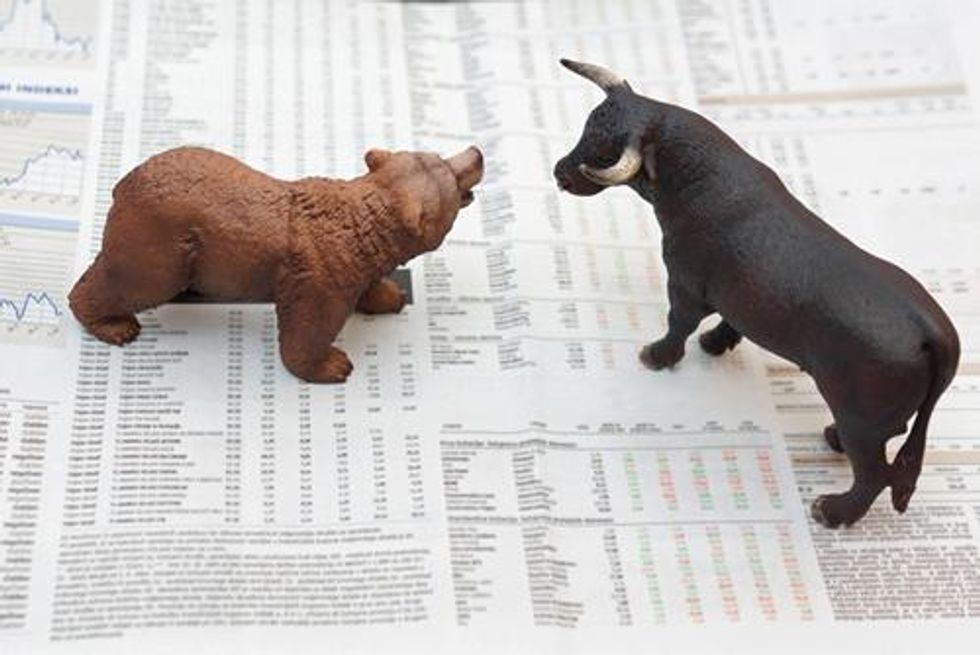Marin Katusa, chief energy investment strategist at Casey Research, is warning investors against getting involved with debt-laden oil companies. Instead, he advises sticking to low-cost producers that can survive a depressed market.
Marin Katusa, chief energy investment strategist at Casey Research, is warning investors to stay away from oil companies with debt, but does think demand for oil is still present.
Despite a drop in oil prices that has been exacerbated by the Organization of the Petroleum Exporting Countries’ (OPEC) refusal to cut oil production amidst the US shale oil glut, Katusa believes demand is still present and the market is just correcting itself.
“Just like any bear market you just want to stick to lowest-cost producers which can survive a depressed market,” he told Oil Investing News.
The shale oil revolution playing out across the US has turned one of the largest importers of the commodity into a competing force with OPEC and Saudi Arabia, added Katusa.
“Shale oil is not only real, but it’s here to stay,” he said.
Despite ongoing sanctions between Russia and the western hemisphere, Europe remains heavily dependent on Russian oil. In his talk at Cambridge House International’s 2015 Vancouver Resource Investment Conference on January 19, Katusa pointed to Finland as using only Russian oil, and said that Germany — despite its pledge to go green — is one of the highest users of Russian oil.
Oil production in the North Sea as well as Norway has peaked and appears to be declining, he said, and coupled with rising oil demand from China will help prices once again rise.
As all this percolates, a decision is expected in the coming weeks by US President Barack Obama on the future of the Keystone XL pipeline project. The project has passed both Congress and a first reading in the Senate. The president has previously said he will veto the project if it gets approved by the other two governing bodies.
Katusa said it is inevitable that Obama will veto the project.
“The window of opportunity has passed at $45 oil. As I said three years ago, it’s not going to happen this cycle and it’s not going to happen under Obama.”
Securities Disclosure: I, Nick Wells, hold no direct investment interest in any company mentioned in this article.






